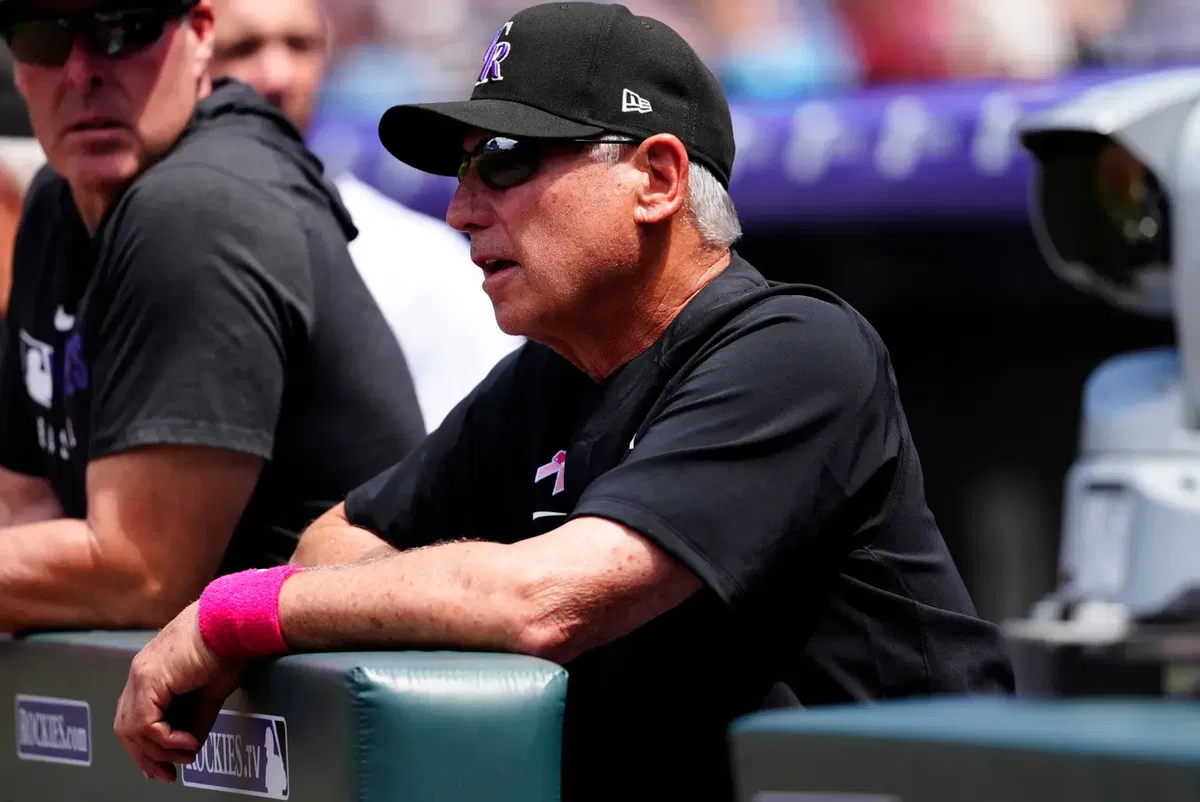The world of Major League Baseball often serves up drama as intense as any ninth-inning rally. Managers often find themselves on the hot seat when teams underperform. Sometimes, a dismissal provokes more questions than it answers. It can be a symptom of deeper organizational chaos. The recent firings in Colorado have certainly stirred the pot. They even inspired pointed commentary about front-office dynamics and accountability. This situation involves a historically bad team, a sudden change, and an owner’s words under scrutiny.
The Colorado Rockies made a significant move on May 11. They fired manager Bud Black and bench coach Mike Redmond. This move came after a disastrous 7-33 start to the season. And the last straw was a 21-0 loss to the San Diego Padres. Owner Dick Monfort reasoned his decision by stating, “Our play so far this season…has been unacceptable…these changes are necessary.” He emphasized something that fans desperately needed to hear: they deserved better. That seems to be a priority for the clubhouse at the moment.
Until they find Black’s and Redmond’s replacement, third base coach Warren Schaeffer has been named interim manager, and former Rockies manager Clint Hurdle has been named as the interim bench coach. For the Rockies, this is the start of a new era, but not everyone seems to agree. In fact, this move immediately drew sharp criticism from ex-MLB president David Samson.
 Credit: Ron Chenoy-Imagn Images
Credit: Ron Chenoy-Imagn Images
On his Nothing Personal podcast, Samson shared his unfiltered take on Monfort’s statement about shared responsibility. “Amen. That is my kind of owner saying, ‘Yeah, just so you know, I feel bad too, but of course I’m not going to get fired because I own the team. So it’s easy for me to say that I share responsibility because it makes me look good to you, doesn’t it?'” Samson didn’t stop there, later mocking Monfort’s talk of future evaluation.
Adding another layer to the situation, GM Bill Schmidt gave his vote of confidence to Black just hours before the infamous 21-0 defeat. Schmidt told The Denver Post, “Buddy’s doing a good job right now. They’re showing up for work and playing with effort.” This stark contradiction between the GM’s public support and the owner’s swift action paints a confusing picture. It suggests a potential disconnect or a rapid, reactive decision from the top, leaving the GM’s earlier words hanging. David Samson also touched upon such internal team dynamics in his recent podcast.
Rockies’ historic collapse: A grim statistical overview
The Rockies’ on-field woes provide a grim backdrop to these front-office plots. Their 7-33 record after 40 games ties for the second-worst start in MLB history—even worse than the Baltimore Orioles’ 6-34 in 1988. The Rockies’ run differential was a staggering -128. Only the 2023 Oakland Athletics had a worse differential (-144) through 40 games since 1900. Offensively, the team was next to last in the league in team batting average (.217) and on-base percentage (.284), further highlighting their struggles.
The pain was equally evident on the pitching mound for the Denver-based club. Their pitching staff had an ERA between 5.56 and 5.77, one of baseball’s worst. If that wasn’t enough, they were among the worst in WHIP (1.58) and opponent batting average (.295-.299). Making things worse, they have a league-low strikeout rate of 6.8 per nine innings. Even their defense was shaky, with a fielding percentage of .976, placing them at the bottom. This all-around failure suggested that the issues extended far beyond the manager.
Of course, injuries and the lack of performance by key players made Black’s task much more challenging. For example, Kris Bryant, who costs the organization $27 million in 2025 salary, was on the 60-day injured list. Youngsters Ezequiel Tovar and Brenton Doyle seemed nowhere near the form offensively that they were expected to be. These factors were largely outside the manager’s direct daily control.
Many around baseball felt the manager was made a scapegoat. One of whom was Los Angeles Dodgers manager Dave Roberts, who played under Black. He bluntly called out the Rockies, stating, “I don’t think Casey Stengel could change the outcome of that ballclub. That’s not the manager’s fault.” Rockies third baseman Ryan McMahon also acknowledged broader issues, saying, “It might be a kick in the [posterior]. We’re in a spot where we need to make some moves.” This suggests players understood that the problems were shared.
Bud Black, despite a tough 544-690 record in Colorado, is still the franchise’s winningest manager. He even guided them to rare consecutive playoff appearances in 2017-2018. Now, as Warren Schaeffer took over, he aims to guide the team forward. But as the Rockies seek to “turn the page,” the question remains: Can the manager—any manager—fix such deep-seated issues? Will this move spark genuine change, or is it just shuffling deck chairs?
The post Ex-MLB President Mocks Rockies’ Owner for Betraying GM by Firing Bud Black & Bench Coach appeared first on EssentiallySports.


 2 months ago
16
2 months ago
16 



.jpg.webp?itok=1zl_MpKg)





 Bengali (Bangladesh) ·
Bengali (Bangladesh) ·  English (United States) ·
English (United States) ·